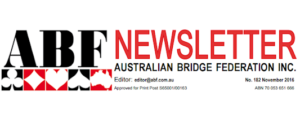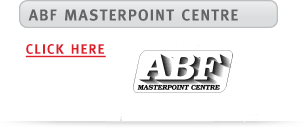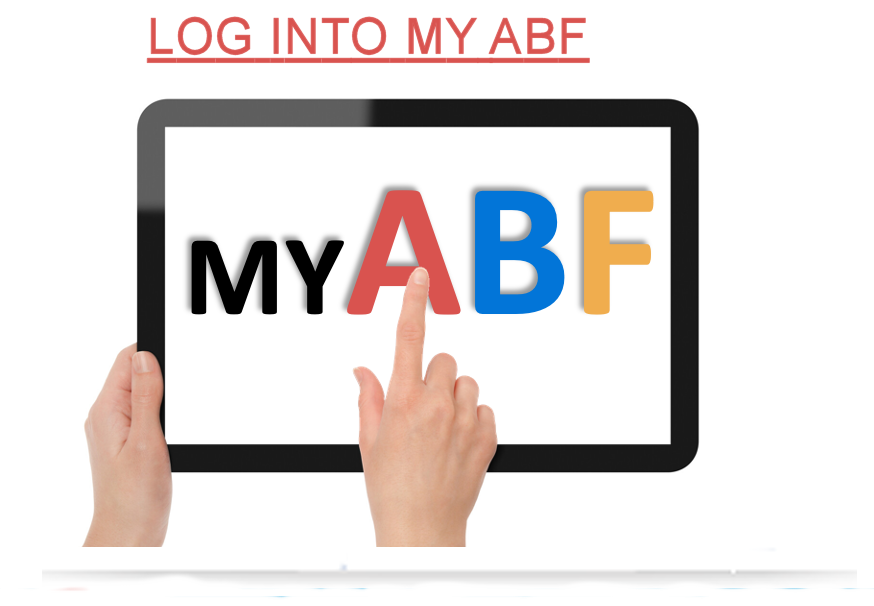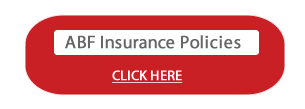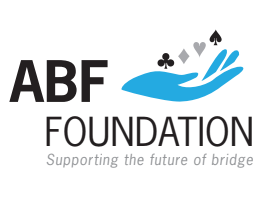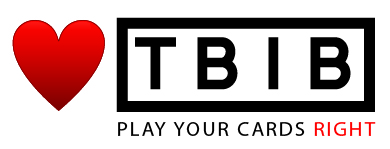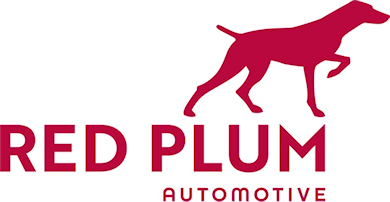INSTRUCTIONS TO ABF MASTERPOINT CENTRE MANAGER, SFOB CONVENOR, GNOT AND GNP CONVENORS ON THE PROVISION OF FINANCIAL INFORMATION TO ABF TREASURER
Key points
- With the moving of the financial accounting functions to the ABF Secretariat in Canberra, a number of important policy changes are being implemented to:
- improve the accuracy of recording of revenue and expenditure transactions of all cost centres;
- improve the process of handling GST and submitting BAS statements;
- provide more “real-time” financial reporting to the FC and ultimately the MC;
- provide better audit trails; and
- a proper budgetary process.
- This will impact on the way the MPC Manager, SFOB Convenor and the GNOT and GNP Convenors carry out their existing financial responsibilities.
- From now on, all revenues received and payments made by the MPC, SFOB, GNOT and GNP will be entered into the central accounting system being maintained by the Executive Secretary and Treasurer.
- All expenses paid for by cheque or electronic transfer will require the relevant Manager or Convenor to complete a Payment Voucher which must be submitted along with the receipt or valid tax invoice to the Executive Secretary.
- Prior approval of the Treasurer must be sought for all asset (equipment) purchases over $500.
- The MPC Manager and Convenors must send invoices for all their own fees to the Executive Secretary for payment from the ABF’s general bank account after being duly authorised by the Treasurer.
ABF Central Accounting System (CAS)
The CAS will be maintained at ABF Secretariat where all major accounting records will be stored electronically and physically. It is not the responsibility of Managers and Convenors to store accounting records or keep duplicate accounting systems. As all revenue and expenditure transactions will be recorded directly in the CAS, it will be possible for Managers and Convenors to obtain reports such as Profit and Loss on an ongoing basis directly from the CAS.
Revenues such as masterpoint income, capitation fees and entry fees to events like the SFOB, GNOT or GNP will be recorded on the system in bulk directly from the relevant bank account.
Managers and Convenors can continue to make payments by cheque or electronic transfer but they must complete a Payment Voucher for each payment made and submit the vouchers and receipts/valid tax invoices to the ABF Secretariat in a timely fashion but in any event no later than 7 days after the end of the calendar month to which the payment relates. Reminders will be sent out a couple of days before the month end. This is particularly important for quarter ends when timely submission will assist in the finalisation of the BAS for the ATO.
Purchase of assets or equipment
Currently there is insufficient control over the purchase of assets by Managers and Convenors. In future, Managers and Convenors must seek the prior approval of the Treasurer for any asset purchase of $500 or more. In seeking endorsement for the purchase of capital equipment the request to the Treasurer should include:
- what the asset is required for.
- whether the asset is replacing current equipment.
- proposed purchase price including at least 2 quotes for the item where possible and the reason for selecting the particular supplier.
- where will the asset be located, who will have access to the asset and the level of security of the asset.
- any possible insurance of the asset.
Payment of salaries and convenor’s fees
It is not good practice for Managers and Convenors to pay themselves. Therefore in future the MPC Manager and all Convenors’ fees will be paid from the ABF general bank account and not from the MPC and SFOB specific accounts after being duly authorised by the Treasurer against an invoice submitted by the Manager or Convenor.
The ABF’s policy on PAYG withholding
The ABF like all not for profit organisations that are registered for GST are required to keep valid tax invoices from their suppliers so they can claim GST input tax credits to set against the GST they collect on their own services (usually on entry fees etc). A valid tax invoice is required for all transactions valued at $75 (or $82.50 including GST) or more – see Appendix 1 for more details).
If a supplier cannot give the ABF an ABN then we are required by law to withhold 46.5% of the payment to that supplier and include it in our BAS. An exception to withholding can be made where the supplier concerned supplies the service as part of a “hobby” and not as a sole trader or small business. Any such suppliers should complete an ATO Hobby Form which will be held at the ABF Secretariat office. It is ABF policy to insist on such suppliers completing a hobby form declaration in all such situations else we will withhold the required amount at source. Please note students under 18 years of age being paid less than $120 per week are also not subject to withholding.
APPENDIX 1
WHAT CONSTITUTES A VALID TAX INVOICE?
Tax invoices must include certain information. If you use an incorrect or incomplete tax invoice to claim a GST credit, the GST credit may not be allowed.
A valid tax invoice for taxable sales that total less than $1,000 must contain:
- the words ‘tax invoice’ stated prominently
- the name of the seller
- the Australian business number (ABN) of the seller
- the date of issue of the tax invoice
- a brief description of the things sold
- the GST-inclusive price of the taxable sale, and
- the GST amount. This can be shown separately or, where the GST to be paid is exactly 1/11 of the total price, as a statement along the lines of ‘total price includes GST’.
A valid tax invoice for taxable sales that total $1,000 or more must contain:
- the words ‘tax invoice’ stated prominently
- the name of the seller
- the ABN of the seller
- the name of the buyer
- the address or ABN of the buyer
- the date of issue of the tax invoice
- the quantity of the goods or the extent of the services sold
- a brief description of the things sold
- the GST-inclusive price of the taxable sale, and
- the GST amount. This can be shown separately or, where the GST to be paid is exactly 1/11 of the total price, as a statement along the lines of ‘total price includes GST’.
If the tax invoice is for a taxable sale and either a GST-free or input taxed sale, the tax invoice must also show:
- each taxable sale
- the amount of GST to be paid (for the taxable sales), and
- the amount to be paid for the total sale.
June, 2012

